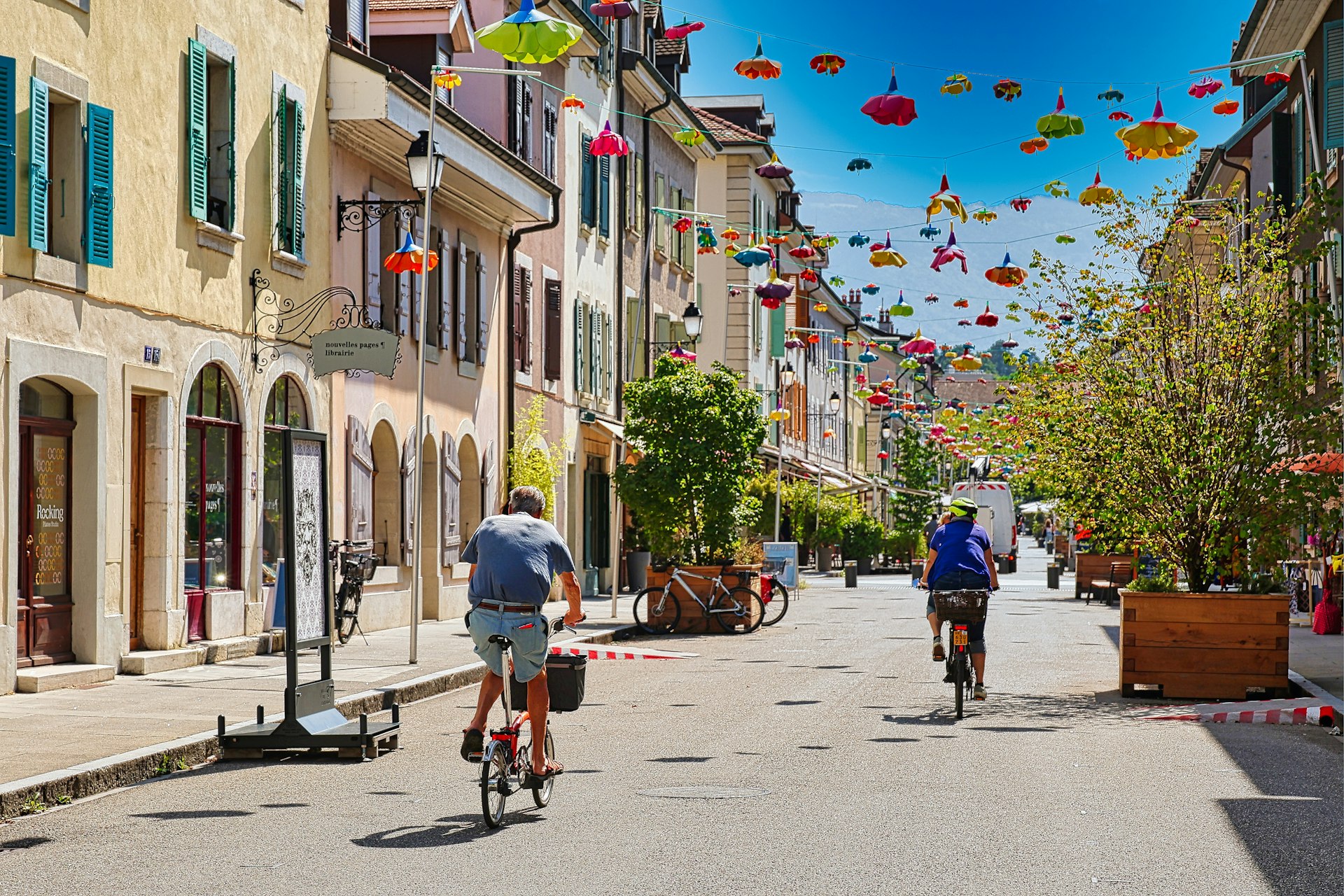Unforgettable Travel Experiences for Food and Wine Lovers: Your Guide to the World’s Best Culinary Journeys

Photo by chay tessari on Unsplash
Introduction: A World of Flavor Awaits
For those who believe that travel is best experienced through the senses, culinary and wine-focused journeys offer an unrivaled doorway into culture, tradition, and celebration. Whether you dream of sipping rare vintages in sun-drenched vineyards, getting hands-on in local kitchens, or attending vibrant festivals alongside world-class chefs, the world is rich with opportunities for food and wine lovers. This guide explores the most rewarding experiences, from classic wine regions and international festivals to immersive hands-on traditions, and provides actionable steps for planning your next epicurean adventure.
1. Iconic Food & Wine Festivals: Where Culinary Excellence Takes Center Stage
Annual food and wine festivals bring together celebrated chefs, passionate vintners, and enthusiastic foodies for days of tastings, seminars, and cultural discovery. These events are as much about community and learning as they are about indulgence. For example, the Charleston Wine + Food Festival in South Carolina (March 6-10, 2025) offers five days of interactive demonstrations, exclusive dinners, and a bustling Culinary Village where visitors can sample regional specialties and meet culinary leaders. Attendees should plan ahead by purchasing tickets as soon as they go on sale, since many events sell out quickly. Visit the festival’s official website or contact Charleston’s tourism office for up-to-date ticketing and program information [1] .
On the West Coast, the Pebble Beach Food & Wine event (April 10-13, 2025) is renowned for its blend of luxury, learning, and leisure. Attendees can participate in intimate wine dinners, seminars led by sommeliers, and tastings featuring over 150 wineries. To secure a spot, travelers should register on the event’s official site as soon as dates are announced. Consider booking accommodations early in Monterey or nearby to ensure convenient access and enjoy the full festival experience [1] .
For those seeking a nationwide experience, the USA TODAY Wine & Food Experience tours multiple cities and highlights local chefs and wineries. Check each city’s event page for schedules and ticket availability [5] .

Photo by Travis Fish on Unsplash
2. Luxury Culinary and Wine Tours: From Bordeaux to Cape Winelands
Many travelers prefer personalized, immersive tours that highlight the best of regional cuisine and winemaking. Bordeaux, France , is a top destination for exploring grand châteaux, sampling Cabernet-Merlot blends, and discovering the city’s vibrant neo-bistro scene. Booking a guided wine tour can be done through reputable travel agencies specializing in luxury and gourmet travel experiences. Prospective travelers can research leading Bordeaux tour operators and check for user reviews and accreditations [2] .
Tuscany, Italy , is famous for its rolling hills, rustic cuisine, and Sangiovese-based wines. Many agencies offer small-group or private tours that include cooking classes in traditional farmhouses, guided tastings at Brunello and Chianti estates, and truffle foraging. Travelers can look for tours that include hands-on experiences and opportunities to interact with local producers. Always confirm the agency’s credentials and cancellation policies before booking [2] .
In the Napa Valley , visitors can indulge in winery tours, barrel tastings, and farm-to-table meals at acclaimed restaurants. To enhance the experience, consider scheduling a tour with a certified wine educator or booking a reservation at a Michelin-starred restaurant. The region’s tourism board provides a directory of licensed tour operators and booking details [2] .
For a unique twist, Mendoza, Argentina , and the Cape Winelands of South Africa offer high-altitude tastings and dramatic landscapes. Local tourism boards list recommended tour companies and seasonal events. It’s advisable to check local travel advisories and visa requirements in advance [2] .
3. Enogastronomic Experiences: Beyond Wine, Into the Heart of Regional Cuisine
Enogastronomy blends the joy of wine and food, often in unforgettable settings. For example, in Modena, Italy , travelers can tour historic balsamic vinegar producers, sample aged vinegars, and learn about the production process through hands-on workshops. Bookings are typically made through the producer’s official website or via local tourism offices [4] .
In South Africa’s Western Cape , visitors can experience chocolate and wine pairings at estates like Ashton Winery, where expert guides introduce guests to the nuances of flavor matching. To participate, check availability on the winery’s official site and inquire about group or private tasting options [4] .
Other stand-out experiences include gourmet breakfasts in the Modernist gardens of Penedès, Spain, and cave lunches in the Loire Valley, France. These experiences are often available by advance reservation and may be featured as part of multi-day regional itineraries. Travelers are encouraged to reach out directly to the producers or inquire with established enogastronomic tour agencies [4] .
4. Bespoke and Immersive Travel: Creating Your Own Culinary Adventure
For those seeking personalized journeys, luxury travel designers and specialist agencies can craft bespoke itineraries that reflect your tastes, priorities, and budget. These often include private cooking classes, guided market tours, and in-depth cultural immersions. Agencies such as Jacada Travel pride themselves on insider knowledge and connections with top chefs, vintners, and local guides. To begin planning, contact a reputable agency, outline your interests and preferences, and ask for references or client testimonials. It’s also possible to organize these experiences independently by researching local guides and booking direct with wineries, restaurants, or cooking schools [3] .
Travelers interested in Michelin-star experiences, street food tours, or local food festivals should compare options, read reviews, and consider seasonality. Many culinary destinations offer year-round opportunities, but availability of certain products (like truffles or wine harvests) may be seasonal. Check official tourism websites for event calendars and booking instructions. For a more grassroots experience, seek out local food markets and family-run restaurants, often highlighted in travel forums and regional guides.
5. Practical Steps for Planning Your Culinary and Wine Journey
To get started:
- Define your main interests (e.g., wine tasting, cooking classes, food festivals, market tours).
- Research top destinations and the best times to visit. Consider local harvest and festival dates for richer experiences.
- Check official tourism board websites or contact local visitor centers for up-to-date event listings, tour operators, and travel advisories.
- Book accommodations early, especially during major festivals or harvest seasons.
- Verify operator credentials, read recent reviews, and confirm cancellation and refund policies before booking tours or experiences.
- If you need specialized guidance, consult a luxury travel advisor or culinary tour specialist with experience in your target region.
- For those who prefer independent travel, use official tourism portals, established travel review sites, and direct contact with venues to arrange visits.
Alternative pathways include joining local culinary clubs, attending regional food events, or enrolling in short-term cooking courses. Many culinary schools and wineries also offer online booking and virtual experiences, which can supplement or inspire future travel plans.
Potential Challenges and Solutions
Food and wine travel may involve challenges such as language barriers, limited availability during peak seasons, or dietary restrictions. Solutions include booking with bilingual guides, planning trips during shoulder seasons for better availability, and notifying hosts of dietary needs in advance. Always confirm details with providers and use official resources for the most reliable information.
References
- [1] Exclusive Resorts (2025). Food and Wine Festivals You Don’t Want To Miss.
- [2] The Luxury Travel Agency (2025). Trendiest Culinary and Wine Tours in 2025.
- [3] Jacada Travel (2025). Luxury Food & Wine Tours.
- [4] WineTourism.com (2025). Best Enogastronomic Experiences 2025.
- [5] USA TODAY Wine & Food Experience (2025). Event Overview.



